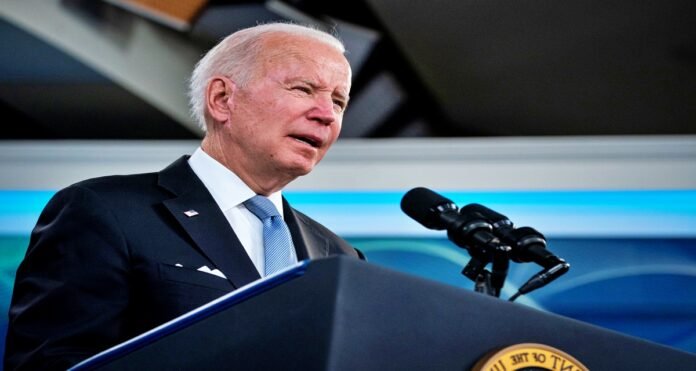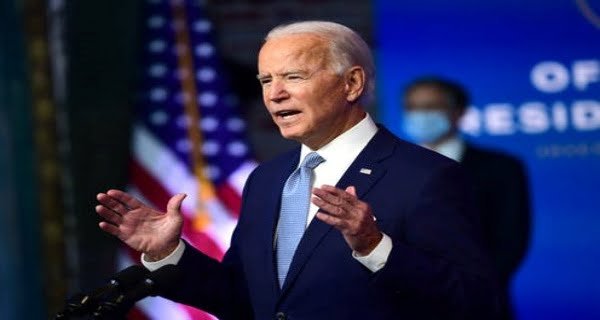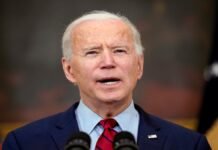
Washington: US President Joe Biden on Friday signed an executive order that freezes $7 billion in assets of Afghanistan’s central bank for humanitarian aid in war-ravaged Afghanistan and killed in the 9/11 terror attacks. Permission has been given to distribute half-and-half among the relatives of the people. Afghan government funds kept in the US were frozen after the Taliban captured Kabul in August. The fear of mass starvation in Afghanistan is increasing. In view of this, this decision of America is considered important.
The families of the victims of the 9/11 attacks are fighting in court for compensation. Their claims will still be tried in court. On Friday, senior officials in the Biden administration called it only a step in the process of unlocking these funds for the benefit of the Afghan people. The US is moving to place this fund in a trust that will be separate from US humanitarian aid to Afghanistan.
The families of 9/11 victims have been demanding compensation from the Taliban for the past several years. His efforts gained renewed momentum after the Taliban took over Afghanistan last year and subsequently froze the assets of the Afghan Central Bank. The Biden administration had been contemplating for months how to resolve the matter. There is also some criticism of Biden’s decision to split the frozen funds. A group representing the families of 9/11 victims argues that not only those suing for compensation, but all victims should get compensation from this money.

Although some say that it is wrong to give the frozen assets to the families of 9/11 victims because none of the Afghans carried out 9/11 and this money belongs to the Afghan people, who had no role in the attack. Was. Taliban claims rights to freeze money in the US. After the fall of the democratic government of Afghanistan, the US has not recognized the Taliban as the government of Afghanistan.
A major humanitarian crisis in Afghanistan
The economy of Afghanistan has completely collapsed. Most of its international aid has also been stopped. Even before the Taliban came to power in August, the country was grappling with poverty and food insecurity due to successive droughts, economic downturns, protracted wars, and pandemics. According to the United Nations, as the winter began, about 23 million people, or more than half of the Afghan population, have reached the brink of starvation. At least one million children under the age of 5 are at risk of starvation.
The International Rescue Committee has placed Afghanistan first in the annual emergency monitoring list of countries whose humanitarian crisis is expected to worsen in 2022.





















































